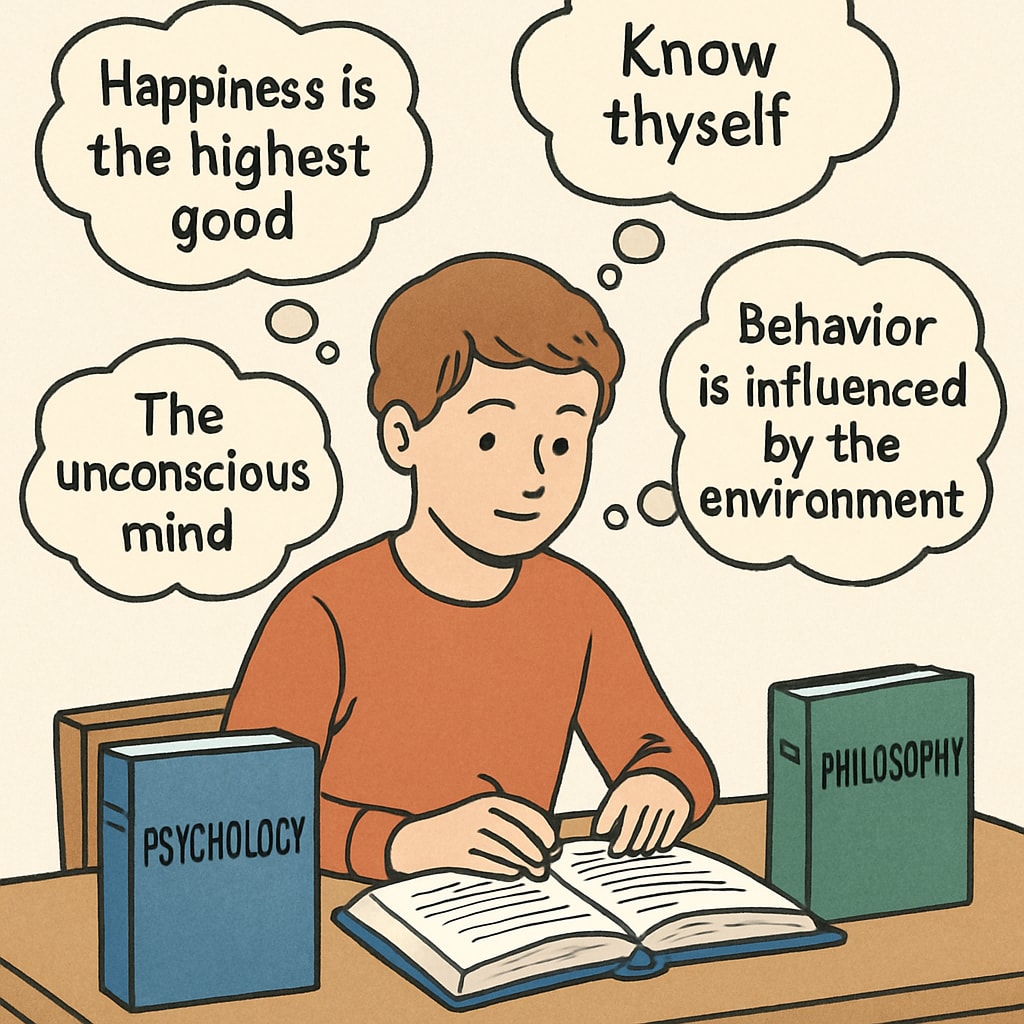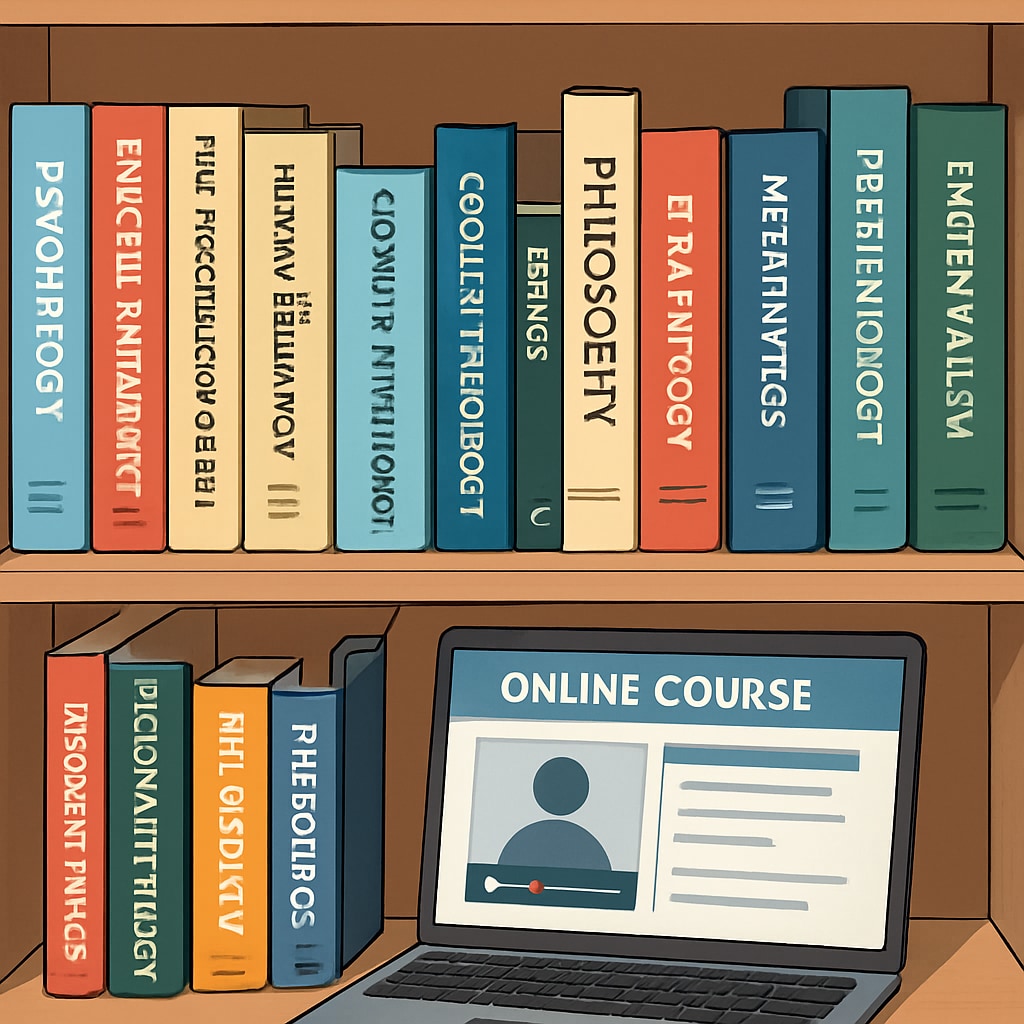Discovering psychology, philosophy, self-learning resources can be a transformative journey for K12 students. These subjects not only broaden our understanding of the human mind and the nature of existence but also encourage the development of critical thinking and emotional intelligence. In this guide, we’ll explore practical resources and strategies to help young learners dive into the fascinating worlds of psychology and philosophy, even amidst their regular academic responsibilities.
Why Explore Psychology and Philosophy?
Psychology and philosophy offer unique insights into human behavior, thought processes, and the nature of reality. For K12 students, these fields can serve as tools to better understand themselves and their environment. Engaging with psychology helps students explore concepts such as emotional regulation, learning patterns, and interpersonal relationships. Philosophy, on the other hand, trains the mind to question assumptions, reason logically, and seek meaning.
For example, studying basic psychological theories like Maslow’s hierarchy of needs or philosophical ideas such as Socratic questioning can nurture curiosity and problem-solving skills. These subjects also prepare students for challenges in life by teaching them how to think critically and approach issues with empathy.

How to Start Your Journey
Starting your self-learning journey in psychology and philosophy doesn’t have to be overwhelming. The key is to begin with accessible resources and gradually move to more advanced content. Here are some tips:
- Identify Your Interests: Start by exploring introductory topics in both fields. For psychology, focus on areas like personality, emotions, or cognitive processes. In philosophy, try understanding basic ethical dilemmas or theories of knowledge.
- Set Small Goals: Dedicate a few hours each week to reading or watching related content. Consistency is more important than speed.
- Use Beginner-Friendly Resources: Choose books, podcasts, or videos designed for young learners. Avoid overly technical materials at the start.
By setting achievable goals and focusing on your interests, you can make steady progress without feeling overwhelmed.
Recommended Resources for Self-Learning
Here are some excellent self-learning resources for K12 students interested in psychology and philosophy:
- Books: Start with titles like Psychology: A Very Short Introduction by Gillian Butler and Freda McManus for psychology and Sophie’s World by Jostein Gaarder for philosophy.
- Online Courses: Platforms like Coursera and edX offer beginner-level courses in psychology and philosophy.
- Podcasts: Try podcasts like “The Psychology Podcast” or “Philosophize This!” for engaging content tailored for beginners.
- Videos: Explore YouTube channels such as CrashCourse Psychology and The School of Life for accessible and entertaining explanations.
These resources combine academic rigor with engaging formats, making them ideal for young learners.

Balancing Self-Learning with Academic Responsibilities
For K12 students, balancing self-learning with schoolwork can be challenging. Here are some tips to make it manageable:
- Create a Schedule: Set aside specific times for self-study, such as weekends or evenings.
- Integrate Learning: Relate concepts from psychology and philosophy to your school subjects, like history or literature.
- Stay Curious: Approach these subjects as a hobby rather than an obligation to maintain enjoyment.
As a result, students can explore their interests without compromising their academic performance.
Conclusion: The Endless Journey of Exploration
Psychology and philosophy are lifelong pursuits that can start at any age. For K12 students, these fields offer a chance to cultivate critical thinking, empathy, and self-awareness. With the right resources and strategies, young learners can embark on an exciting journey to understand themselves and the world around them.
As you begin your exploration, remember that the journey is as important as the destination. Dive into books, videos, and discussions, and let your curiosity lead the way. The insights you gain will shape not only your academic growth but also your personal development.


